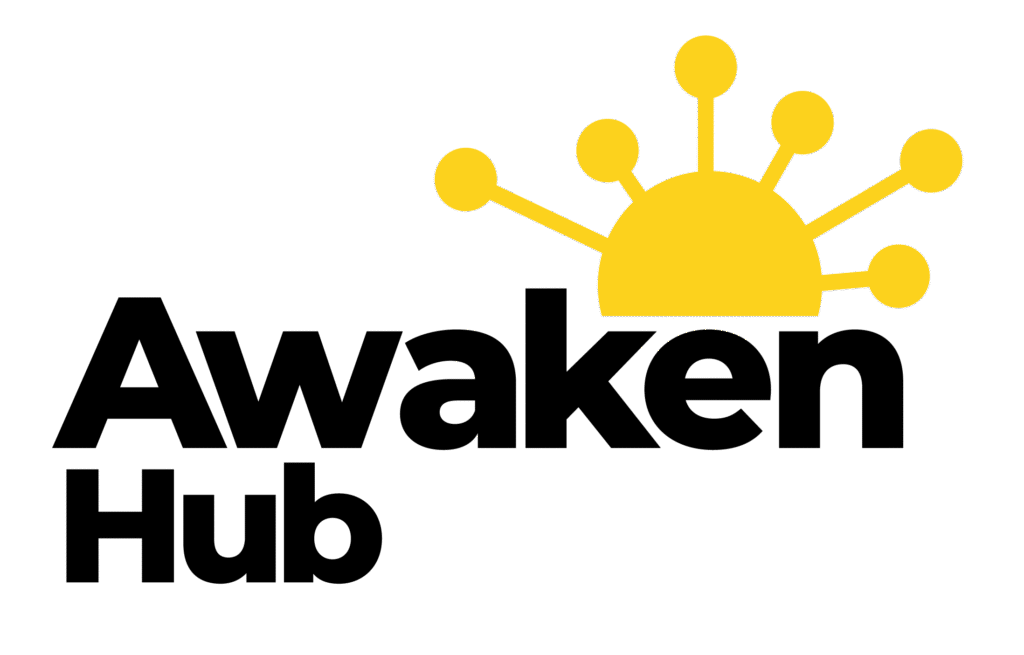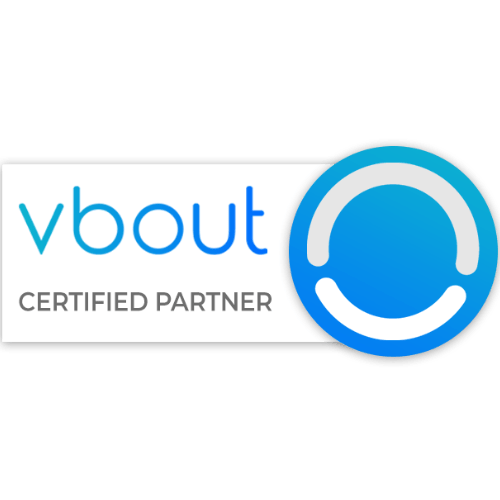The Ultimate Guide to Boosting Your Website’s SEO
When you delve into the world of digital marketing, understanding the fundamentals of Search Engine Optimisation (SEO) is crucial. SEO…
When you delve into the world of digital marketing, understanding the fundamentals of Search Engine Optimisation (SEO) is crucial. SEO is the practice of enhancing your website’s visibility on search engines, ensuring that when potential visitors search for relevant terms, your site appears prominently in the results. This visibility is vital for driving organic traffic, which can lead to increased engagement and conversions.
You might find it fascinating that search engines like Google use complex algorithms to determine which pages rank higher, taking into account various factors such as relevance, authority, and user experience. As you explore SEO, you’ll discover that it encompasses both technical and creative elements. The technical side involves optimising your website’s structure and code, while the creative aspect focuses on producing compelling content that resonates with your audience.
Understanding these two components will empower you to create a well-rounded SEO strategy that not only attracts visitors but also keeps them engaged. By grasping the basics of SEO, you set the foundation for more advanced techniques that can significantly enhance your online presence.
Summary
- Understanding SEO Basics:
- SEO stands for search engine optimisation and is the process of improving your website’s visibility on search engines.
- It involves making strategic changes to your website to improve its ranking in search engine results pages (SERPs).
- Keyword Research and Implementation:
- Keyword research is crucial for understanding what terms your target audience is searching for.
- Implementing relevant keywords throughout your website’s content can help improve its visibility in search results.
- On-Page SEO Strategies:
- On-page SEO involves optimising individual web pages to rank higher and earn more relevant traffic in search engines.
- This includes optimising meta tags, headings, and content for targeted keywords.
- Off-Page SEO Techniques:
- Off-page SEO refers to actions taken outside of your website to impact your rankings within search engine results pages.
- This includes building backlinks from reputable sources and engaging in social media marketing.
- The Importance of Quality Content:
- Quality content is essential for engaging and retaining website visitors, as well as for improving search engine rankings.
- Creating valuable, relevant, and high-quality content can help establish your website as an authority in your industry.
Keyword Research and Implementation
Uncovering Popular Search Terms
You might start by using tools like Google Keyword Planner or SEMrush to uncover popular search terms in your niche. This process will help you discover not only high-volume keywords but also long-tail keywords that can attract more specific traffic.
Implementing Keywords Strategically
Once you’ve identified your keywords, the next step is implementation. This means strategically placing these keywords throughout your website, including in titles, headings, and body text. However, it’s essential to maintain a natural flow in your writing; keyword stuffing can lead to penalties from search engines. Instead, focus on creating high-quality content that incorporates your keywords seamlessly.
Enhancing Search Engine Rankings
By doing so, you enhance your chances of ranking higher in search results while providing valuable information to your readers.
On-Page SEO Strategies

On-page SEO refers to the practices you can implement directly on your website to improve its visibility in search engines. One of the most critical aspects of on-page SEO is optimising your content for both search engines and users. This includes crafting compelling meta titles and descriptions that accurately reflect the content of your pages.
When you write these elements, think about what would entice a user to click on your link over others. A well-optimised title can significantly impact your click-through rate. Another vital strategy is ensuring that your website’s structure is user-friendly.
This involves using clear headings and subheadings to break up content, making it easier for visitors to navigate and digest information. Additionally, incorporating internal links can enhance user experience by guiding visitors to related content on your site. This not only keeps users engaged but also helps search engines understand the hierarchy and relevance of your pages.
By focusing on these on-page strategies, you create a more accessible and appealing website for both users and search engines alike.
Off-Page SEO Techniques
| Off-Page SEO Techniques | Description |
|---|---|
| Link Building | Acquiring backlinks from other websites to improve search engine rankings. |
| Social Media Marketing | Promoting content on social media platforms to increase brand visibility and drive traffic. |
| Guest Blogging | Writing and publishing articles on other websites to gain exposure and backlinks. |
| Influencer Outreach | Collaborating with influencers to promote content and gain backlinks from their audience. |
| Content Marketing | Creating high-quality and shareable content to attract natural backlinks from other websites. |
While on-page SEO focuses on elements within your website, off-page SEO encompasses activities that occur outside of it but still impact its ranking. One of the most effective off-page techniques is link building, which involves acquiring backlinks from reputable websites. These backlinks act as endorsements for your content, signalling to search engines that your site is a credible source of information.
You might consider guest blogging or collaborating with influencers in your industry to generate quality backlinks. Social media engagement also plays a significant role in off-page SEO. By sharing your content across various platforms, you increase its visibility and encourage others to link back to it.
Engaging with your audience on social media not only drives traffic but also fosters a sense of community around your brand. Additionally, participating in online forums or discussions related to your niche can help establish your authority and attract more visitors to your site. By implementing these off-page techniques, you enhance your site’s reputation and visibility in the digital landscape.
The Importance of Quality Content
In the realm of SEO, content truly is king. High-quality content not only attracts visitors but also keeps them engaged and encourages them to return. When creating content, focus on providing value to your audience by addressing their needs and answering their questions.
This could involve writing informative blog posts, creating engaging videos, or developing comprehensive guides that delve deep into relevant topics. The more valuable your content is, the more likely it is to be shared and linked to by others. Moreover, search engines prioritise quality content in their rankings.
They assess factors such as relevance, originality, and user engagement when determining which pages to display in search results. Therefore, investing time and effort into producing exceptional content can yield significant long-term benefits for your SEO strategy. Remember that consistency is key; regularly updating your site with fresh content signals to search engines that your site is active and relevant.
By prioritising quality content, you not only improve your SEO but also build trust with your audience.
Mobile-Friendly and User-Friendly Design

In today’s digital landscape, having a mobile-friendly website is no longer optional; it’s essential. With an increasing number of users accessing websites via mobile devices, search engines have adapted their algorithms to favour mobile-responsive sites. When designing your website, ensure that it provides a seamless experience across all devices.
This includes optimising images for faster loading times and ensuring that buttons and links are easily clickable on smaller screens. User-friendly design goes hand in hand with mobile optimisation. A well-structured website with intuitive navigation enhances user experience and encourages visitors to stay longer on your site.
Consider implementing clear calls-to-action (CTAs) that guide users towards desired actions, such as signing up for a newsletter or making a purchase. By prioritising both mobile-friendliness and user-friendly design, you create an environment where visitors feel comfortable exploring your content, ultimately leading to higher engagement and conversion rates.
Monitoring and Measuring SEO Success
To truly understand the effectiveness of your SEO efforts, monitoring and measuring success is crucial. Various tools are available that allow you to track key performance indicators (KPIs) such as organic traffic, bounce rates, and conversion rates. Google Analytics is a popular choice among marketers for its comprehensive insights into user behaviour on your site.
By analysing this data, you can identify which strategies are working well and which areas may need improvement. Regularly reviewing your SEO performance enables you to make informed decisions about future strategies. For instance, if you notice a particular blog post driving significant traffic, consider creating additional content around that topic or updating it with new information.
Conversely, if certain keywords are underperforming, you may need to reassess their relevance or adjust your approach. By consistently monitoring and measuring your SEO success, you position yourself for ongoing improvement and growth in the ever-evolving digital landscape.
Staying Updated with SEO Trends and Best Practices
The world of SEO is dynamic; what works today may not be effective tomorrow. Therefore, staying updated with the latest trends and best practices is essential for maintaining a competitive edge. Follow reputable SEO blogs, attend webinars, or participate in industry conferences to keep abreast of new developments.
Engaging with the SEO community can provide valuable insights into emerging strategies and tools that can enhance your efforts. Additionally, consider subscribing to newsletters from leading SEO experts or organisations that share regular updates on algorithm changes and industry news. By remaining informed about these shifts, you can adapt your strategies accordingly and ensure that your website continues to perform well in search engine rankings.
Embracing a mindset of continuous learning will not only benefit your SEO efforts but also contribute to your overall growth as a digital marketer in an ever-changing landscape. In conclusion, mastering SEO requires a multifaceted approach that encompasses various strategies and techniques. From understanding the basics to implementing effective keyword research and creating quality content, each element plays a vital role in enhancing your online presence.
By prioritising user experience through mobile-friendly design and regularly monitoring performance metrics, you position yourself for ongoing success in the digital realm. Staying updated with industry trends ensures that you remain agile in adapting to changes, ultimately leading to sustained growth and visibility for your website in an increasingly competitive environment.
FAQs
What is web SEO analysis?
Web SEO analysis is the process of evaluating a website’s performance in search engine results pages (SERPs) and identifying areas for improvement in order to increase organic traffic and visibility.
Why is web SEO analysis important?
Web SEO analysis is important because it helps website owners understand how their site is performing in search engines and identify opportunities to improve their rankings. This can lead to increased organic traffic, better user experience, and ultimately, more conversions.
What are the key components of web SEO analysis?
Key components of web SEO analysis include keyword research, on-page optimization, technical SEO, backlink analysis, and competitor analysis. These components help to identify strengths and weaknesses in a website’s SEO strategy.
How is web SEO analysis conducted?
Web SEO analysis is conducted using a variety of tools and techniques, including website audits, keyword research tools, SEO analysis software, and manual review of website content and structure. It involves evaluating factors such as website speed, mobile-friendliness, content quality, and backlink profile.
What are the benefits of conducting web SEO analysis?
The benefits of conducting web SEO analysis include improved search engine rankings, increased organic traffic, better user experience, higher conversion rates, and a stronger online presence. It also helps to stay ahead of competitors and adapt to changes in search engine algorithms.











